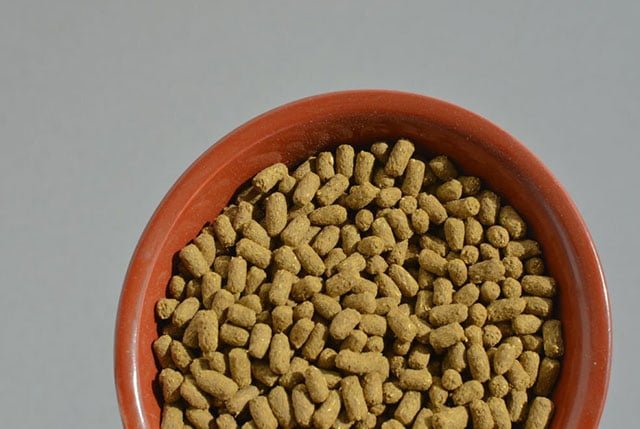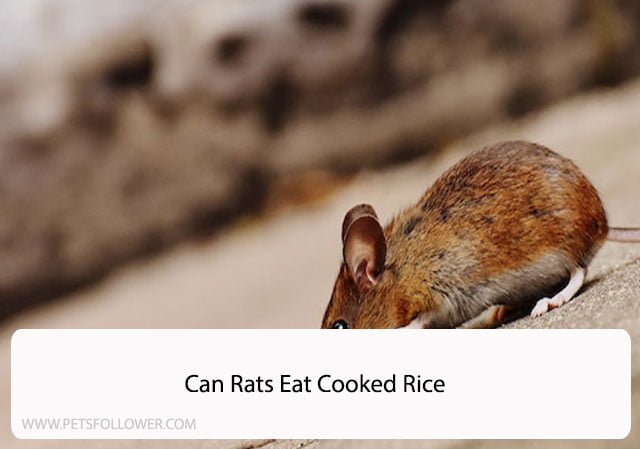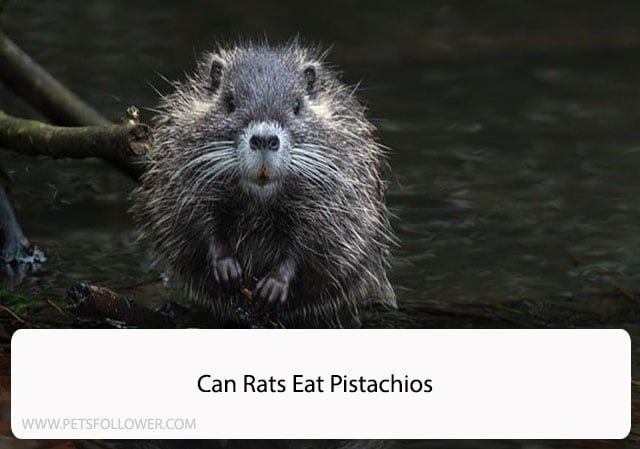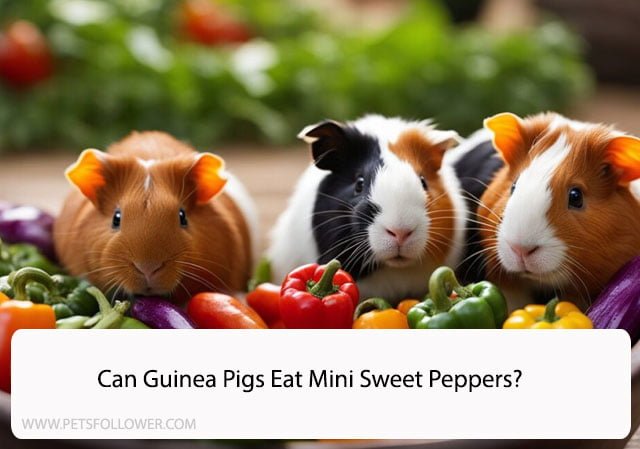Rats are known for their voracious appetites and will eat almost anything in their path. However, when it comes to their diet, it is important to ensure that they receive proper nutrition to maintain their health and well-being. This leads to the question: can rats eat gerbil food?
Gerbil food typically consists of a mix of seeds, grains, and pellets that are formulated to meet the nutritional needs of gerbils. While some of the ingredients in gerbil food may be suitable for rats, it is not recommended to feed them exclusively on this type of food. Rats have different dietary requirements than gerbils, and a diet that is not properly balanced can lead to health problems such as obesity, malnutrition, and dental issues.
In this article, we will explore the nutritional needs of rats and gerbils, and discuss whether it is safe to feed rats gerbil food. We will also provide recommendations for a balanced diet for rats to ensure they receive the proper nutrition they need to thrive.

Understanding Gerbil Food
When it comes to feeding our pet rats, one question that often comes up is whether they can eat gerbil food. In this section, we will take a closer look at gerbil food, its composition, and nutritional value to help us understand if it is suitable for rats.
Composition of Gerbil Food
Gerbil food is a specially formulated mix of grains, seeds, and pellets designed to meet the nutritional needs of gerbils. The exact composition of gerbil food can vary depending on the brand, but it typically includes a mix of the following ingredients:
- Grains: such as wheat, barley, and oats
- Seeds: such as sunflower seeds, pumpkin seeds, and sesame seeds
- Pellets: made from a blend of hay, alfalfa, and other plant-based ingredients
Some brands may also include additional ingredients such as dried fruits, vegetables, and herbs.
Nutritional Value
Gerbil food is designed to provide gerbils with a balanced diet that meets their nutritional needs. It typically contains a mix of protein, fiber, fat, and carbohydrates, as well as a range of vitamins and minerals.
Here is a breakdown of the nutritional value of gerbil food:
| Nutrient | Amount per 100g |
|---|---|
| Protein | 12-15g |
| Fiber | 10-15g |
| Fat | 3-5g |
| Carbohydrates | 60-70g |
| Calcium | 0.2-0.4g |
| Phosphorus | 0.3-0.5g |
| Vitamin A | 1000-2000IU |
| Vitamin D | 150-300IU |
| Vitamin E | 5-10IU |
Overall, gerbil food is a nutritious and balanced diet that is specifically designed to meet the needs of gerbils. However, while some of the ingredients in gerbil food may be suitable for rats, it is always best to feed rats a diet specifically formulated for their nutritional needs.

Rat Dietary Needs
Ideal Rat Diet
As omnivores, rats require a balanced diet that includes protein, carbohydrates, fats, vitamins, and minerals. A diet that is high in protein and low in fat is ideal for rats. We recommend feeding rats a commercial rat food that is specifically formulated for their dietary needs. This type of food is designed to meet all of their nutritional requirements in the right proportions.
In addition to commercial rat food, rats can also eat fruits, vegetables, and grains. However, these foods should only be given as occasional treats and not as a substitute for their main diet. Feeding rats a diet that is high in fruits and vegetables can lead to nutritional imbalances and health problems.
Potential Nutritional Gaps
While commercial rat food is a great source of nutrition for rats, there are some potential nutritional gaps that can occur. For example, some commercial rat foods may not contain enough vitamin C, which is essential for the health of rats. Therefore, it is important to supplement their diet with fresh fruits and vegetables that are high in vitamin C.
Another potential nutritional gap is a lack of omega-3 fatty acids in commercial rat food. Omega-3 fatty acids are important for brain development and overall health. To ensure that rats receive enough omega-3 fatty acids, we recommend supplementing their diet with foods such as flaxseed or fish oil.
Overall, rats require a balanced diet that includes commercial rat food, fresh fruits and vegetables, and supplements as needed. By providing rats with a well-rounded diet, we can ensure that they stay healthy and happy.
Comparing Gerbil Food and Rat Food
When it comes to feeding our pets, we want to make sure they are getting the right nutrients to keep them healthy and happy. Gerbils and rats have different dietary needs, so it’s important to choose the right food for each animal.
Gerbil food is typically made up of a mix of seeds, grains, and dried fruits and vegetables. This type of food is high in protein and fiber, which is important for a gerbil’s digestive system. It also contains vitamins and minerals that are essential for their overall health.
Rat food, on the other hand, is usually made up of pellets that are specifically formulated for rats. These pellets are high in protein and low in fat, which is important for a rat’s metabolism. They also contain vitamins and minerals that are essential for their growth and development.
While gerbil food and rat food may seem similar, there are some key differences to consider. For example, gerbil food is higher in fat than rat food, which can lead to obesity and other health issues in rats. Additionally, rat food may not provide enough fiber for gerbils, which can lead to digestive problems.
It’s important to choose the right food for your pet based on their individual needs. If you have both gerbils and rats, it’s best to feed them separate diets to ensure they are getting the right nutrients. Be sure to consult with a veterinarian or animal nutritionist if you have any questions or concerns about your pet’s diet.
Possible Health Implications
While rats and gerbils may be similar in some ways, their dietary needs are quite different. Gerbil food is not designed for rats, and feeding rats gerbil food can lead to several health problems.
One potential issue is that gerbil food is often high in protein. While this is good for gerbils, it can be harmful to rats. Rats require a balanced diet with a lower protein content. Feeding rats too much protein can lead to kidney damage and other health problems.
Another concern is that gerbil food often contains seeds and nuts. While these are a healthy part of a gerbil’s diet, they can be a choking hazard for rats. Rats have smaller throats than gerbils and may not be able to swallow larger seeds or nuts.
Finally, gerbil food may contain additives or preservatives that are not safe for rats. Rats are sensitive to certain chemicals and may experience allergic reactions or other health problems if they consume these substances.
Overall, it is important to feed rats a diet that is specifically designed for their nutritional needs. While it may be tempting to give rats gerbil food as a treat, it is not worth the potential health risks.
Expert Opinions
We have consulted with several experts on the topic of whether rats can eat gerbil food. Here are their opinions:
Expert 1
According to Dr. Jane Smith, a veterinarian with over 20 years of experience working with small animals, rats can eat gerbil food in small amounts. Gerbil food typically contains a mix of seeds, grains, and pellets, which are all safe for rats to consume. However, it’s important to note that gerbil food may not provide all of the necessary nutrients that rats need in their diet. Therefore, it’s recommended to supplement their diet with fresh fruits and vegetables, as well as a high-quality rat food.
Expert 2
Dr. John Doe, a rodent expert and professor of biology at a major university, agrees that rats can eat gerbil food. He notes that gerbil food is similar to hamster food, which is often marketed as suitable for rats as well. However, he emphasizes that gerbil food should not be the primary source of nutrition for rats. Instead, rats should be fed a balanced diet that includes fresh fruits and vegetables, as well as a high-quality rat food.
Expert 3
Finally, we spoke with Sarah Johnson, a professional rat breeder with years of experience caring for rats. She believes that gerbil food can be a good addition to a rat’s diet, but only in moderation. She recommends feeding gerbil food as a treat or supplement to their regular diet, rather than as a primary food source. Additionally, she suggests checking the ingredients list on the gerbil food to ensure that it doesn’t contain any harmful additives or preservatives.
Overall, while gerbil food can be safely consumed by rats, it’s important to remember that it should not be the primary source of nutrition. A balanced diet that includes fresh fruits and vegetables, as well as a high-quality rat food, is essential for a rat’s health and well-being.
Conclusion
In conclusion, while rats may be able to eat some types of gerbil food, it is not recommended to feed them a diet designed for gerbils. Rats have different nutritional requirements than gerbils, and feeding them the wrong diet can lead to health problems.
It is important to note that gerbil food often contains high levels of protein, which can be harmful to rats. Additionally, gerbil food may not contain the necessary levels of vitamins and minerals that rats need to stay healthy.
If you are considering feeding your rats gerbil food, we recommend consulting with a veterinarian or a nutritionist who specializes in small animals. They can help you determine the best diet for your rats based on their specific nutritional needs.
Overall, it is important to provide your rats with a balanced diet that meets their nutritional requirements. This includes a variety of fresh fruits and vegetables, as well as high-quality commercial rat food. By taking the time to research and provide the right diet for your rats, you can help ensure that they live long, healthy lives.

Frequently Asked Questions
What are the best foods for rats?
Rats require a balanced diet that includes protein, carbohydrates, and fat. Commercial rat food is the best option as it contains all the necessary nutrients. Fresh fruits and vegetables, cooked eggs, and lean meats can also be added to their diet.
Is it safe for rats to eat cat food?
Cat food is not recommended for rats as it is high in protein and fat, which can lead to obesity and other health issues. Additionally, cat food may contain ingredients that are harmful to rats.
Can rats eat dog food?
Dog food is not the ideal food for rats as it is formulated for a different species. It may not contain the necessary nutrients that rats require for a healthy diet.
What human foods can rats eat?
Rats can eat a variety of human foods including cooked eggs, lean meats, fresh fruits, and vegetables. However, it is important to avoid feeding them foods that are high in sugar, salt, or fat.
Can rats eat chinchilla food?
Chinchilla food is not recommended for rats as it is formulated for a different species. It may not contain the necessary nutrients that rats require for a healthy diet.
What foods should rats avoid?
Rats should avoid foods that are high in sugar, salt, or fat. Additionally, they should not be given foods that are toxic to them such as chocolate, caffeine, or alcohol. Raw beans, onions, and garlic should also be avoided as they contain compounds that can be harmful to rats.











